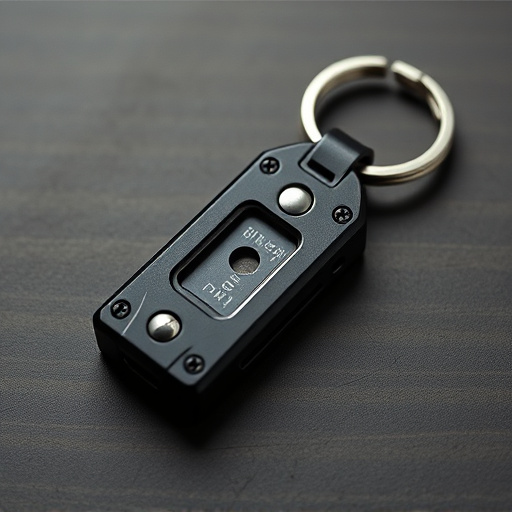Personal alarm keychains offer discreet self-defense with loud (120+ decibels) alarms for deterring attackers. Legal status varies across US states, requiring users to understand local regulations to ensure lawful carrying and usage. Decibel level is crucial for effectiveness; products exceeding 120 dB provide optimal personal safety in various scenarios.
“Uncover the power of self-defense with protective keyring devices, a growing trend in personal safety. This comprehensive guide explores the legal landscape surrounding these innovative tools in the US, focusing on states where open carry is permitted. From understanding device functionality to navigating decibel levels for effective alarms, we delve into the key considerations for those seeking peaceful mind protection while adhering to legal boundaries. Discover the importance of loud decibels and their impact on personal alarm keychains.”
- Understanding Protective Keyring Devices in the US
- Legal Considerations for Personal Alarm Keychains
- Decibel Levels: What's Considered Loud Enough?
Understanding Protective Keyring Devices in the US
Protective keyring devices, also known as personal alarm keychains, are innovative tools designed for self-defense and safety. These compact gadgets typically feature a small, easily portable alarm that can be activated with a simple click or twist of the keychain. When triggered, the device emits a loud sound, often reaching decibels well above 120, to startle potential assailants and draw attention. This simple yet effective mechanism has made personal alarm keychains a popular choice for individuals seeking an affordable and discreet self-defense option.
In the United States, the legal status of these devices varies across states. Many states explicitly allow their possession and carry without a permit, while others have specific regulations or restrictions. It’s crucial for users to understand their local laws to ensure they are carrying and using these devices legally. With proper knowledge and awareness, protective keyring devices can provide individuals with an extra layer of security in various situations.
Legal Considerations for Personal Alarm Keychains
When considering a personal alarm keychain for self-defense, it’s crucial to understand the legal implications in different states. The legality of carrying a personal alarm keychain varies across the US, with some states allowing them as long as they produce a loud sound—typically above 120 decibels—to deter potential attackers. However, other states have specific restrictions or require permits for certain types of personal protection devices.
In many states, personal alarm keychains are classified as defense weapons, subject to the same regulations as stun guns or pepper spray. Some states may permit their use only by individuals over a certain age or with a valid reason, such as for self-defense while traveling or during late-night walks. It’s essential to check local laws and understand the specific requirements, including any registration or licensing needed, before carrying a personal alarm keychain to ensure compliance and avoid legal repercussions.
Decibel Levels: What's Considered Loud Enough?
The effectiveness of a personal alarm keychain largely depends on its decibel level, which determines how loud and far-reaching the sound can be heard. To qualify as a powerful enough alarm to startle potential attackers, most keychains need to produce sounds exceeding 120 decibels (dB). This is considered the threshold for pain threshold, where sudden noises can cause temporary hearing loss or shock. Many popular personal alarm keychains on the market deliver well above this mark, with some models reaching up to 130 dB or more, ensuring they’re loud enough to disrupt an assailant and create a momentary escape opportunity.
When comparing different personal alarms, it’s important to focus on these decibel levels as a key performance indicator. Louder sounds travel further and can be heard over background noise, making them ideal for outdoor activities or situations where you might need to alert others quickly. So, when choosing a keychain alarm, look for products that explicitly state their high decibel output, ensuring you’re prepared with a loud and impactful personal safety tool.
Protective keyring devices, especially personal alarm keychains, offer a convenient and legal way to enhance personal safety in many US states. With decibel levels starting from 120dB, these devices ensure loud, attention-grabbing alerts that can deter potential threats. When choosing a keychain alarm, understanding local laws and selecting a product with reliable performance is crucial for effective self-defense.
